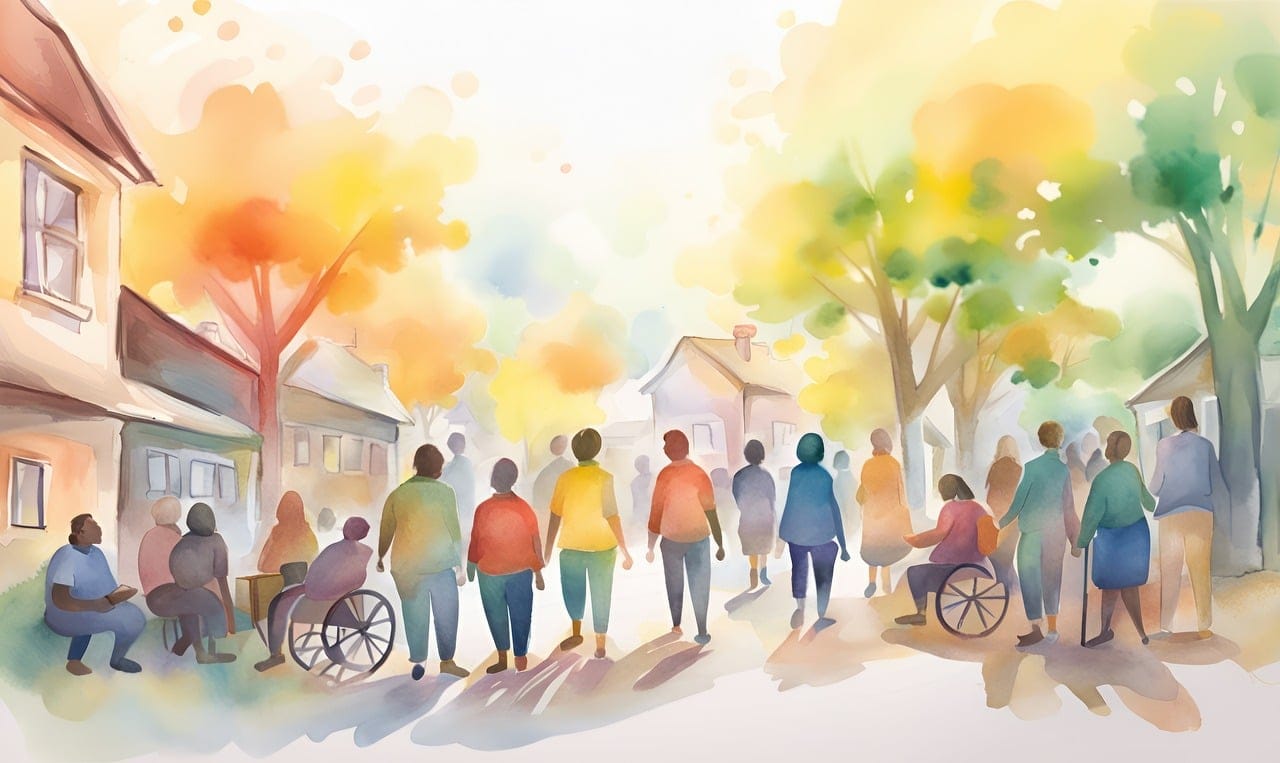
Light
It's been a difficult past few days as we lost another long-time friend to illness last week. She was the wife of the kind soul I wrote about last summer, and like Mike's death, the news came as a shock. I had last seen her in October while visiting the US and while we talked some of her own health and well-being our conversation centered mostly around Mike. She was struggling, of course, and confessed then to drowning in the uncertainty of how to go on without him. Which I understand completely. Once, many years ago, one of our children asked me would I want to go on living if their mother died before I did. My answer pre-supposed a situation much like Pat's. I wouldn't know how to. And so what I said was: I wouldn't want to, but I would for you kids.
Death is, as they say, our unsuccessful attempt to live forever, but then die trying.
It's not a topic we like to think about much less discuss with loved ones. But thinking about it and talking about it are musts if we have any hope of living the kind of meaningful lives we can look back on with satisfaction and then do as Thoreau suggested and collect our hats on our way out the door.
"Live your life, do your work, then take your hat."—Henry David Thoreau
The question, of course, is not how long until that happens, but how deeply we live until it does (which is also not quite what your child may want to hear when they ask about death, the response to which I may have flubbed, but it’s not nearly as bad as when I was asked, What is an orgasm?).
I digress. But also I may be on to something.
When I heard of Pat’s death, it was in the same way I had learned of Mike's, with a family member texting me through their own phone in response to a text I had sent them. In Pat’s case, the text simply read: She’s in hospice.
She’s in hospice? Though I may have, down deep inside, both known and not known what was meant by that—her grief was that palpable when I’d last seen her—I was still taken aback by the cryptic and yet not-so-cryptic message. Eventually, I got to the bottom of it. That Pat was indeed in hospice when the text had been sent by her granddaughter and then she had died by the time I’d learned the whole story. A couple of hours.
It was a span of time much like the one I’d experienced years earlier with the death of my own father. When I knew the gravity of the situation, but then having the moment of death pass without me knowing it happened. When you believe someone is clinging to life but in actuality they’re not.
It’s a very strange feeling. Knowing that you were somehow duped into believing it. Duped here is of course the wrong word, but it does match the intensity of feelings in that moment.
How could whoever had left me that message, She’s in hospice, leave it at that and then put the phone down and walk away?


